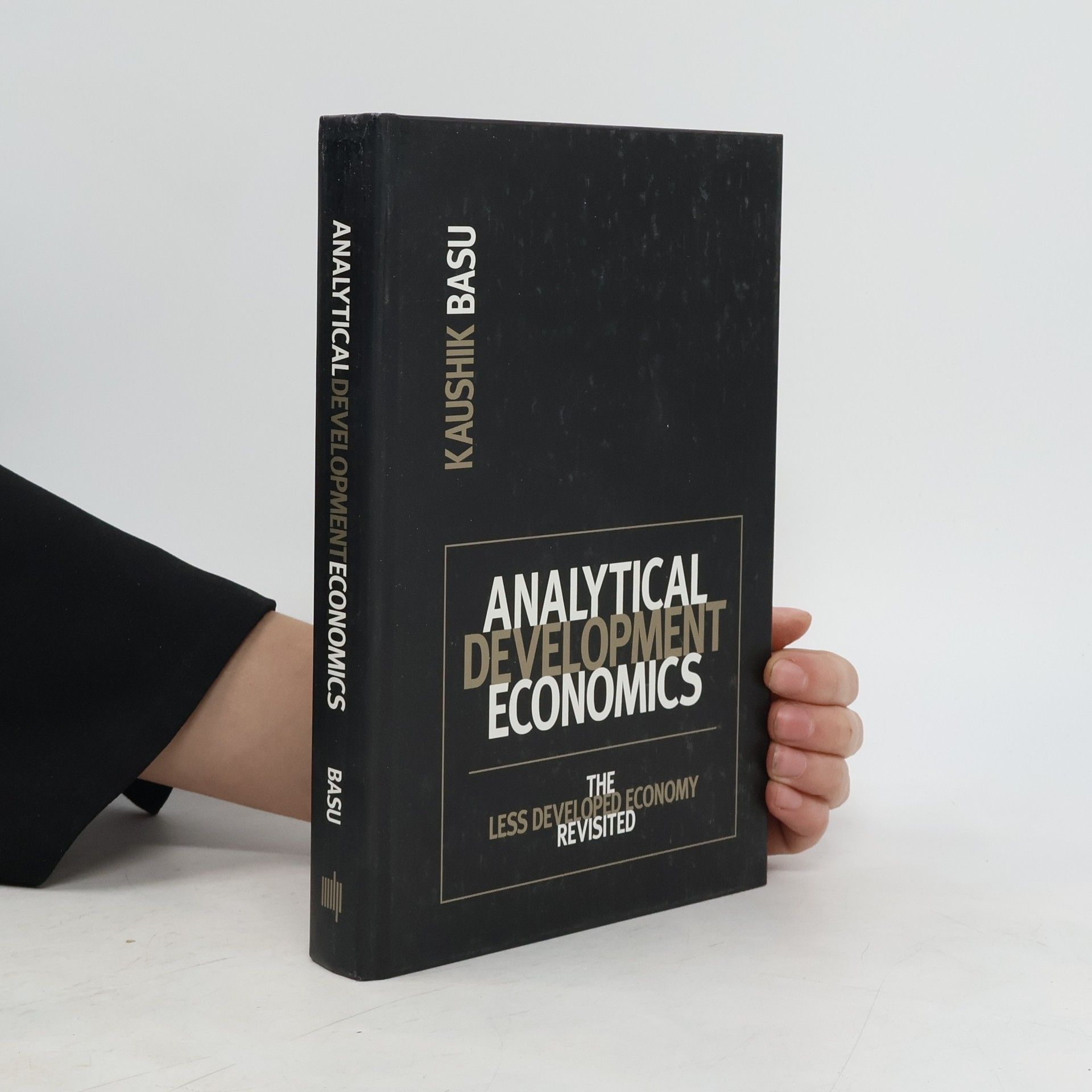Der Rechtsstaat als Geflecht von Erwartungen
Eine neue Sicht auf Wirtschaft und Recht für eine gerechtere Zukunft
- 260 Seiten
- 10 Lesestunden
In diesem Buch argumentiert Kaushik Basu, einer der führenden Wirtschaftswissenschaftler, dass die traditionelle ökonomische Analyse des Rechts erhebliche Mängel aufweist und kritische Fragen unzureichend beantwortet. Warum werden gute Gesetze formuliert, aber nicht umgesetzt? Ist das Versagen auf das Gesetz oder die Vollstrecker zurückzuführen? Und warum sind Gesetze, die nur Worte auf Papier sind, dennoch wirksam? Basu bietet eine provokante Perspektive auf die Beziehung zwischen Wirtschaft und realer Rechtsdurchsetzung. Er fasst die neoklassische Rechts- und Wirtschaftswissenschaft zusammen und beleuchtet deren Schwächen. Mit moderner Spieltheorie entwickelt er einen „Brennpunkt“-Ansatz, der die eigennützigen Handlungen der Bürger sowie die der Staatsfunktionäre - Politiker, Richter und Bürokraten - berücksichtigt. Er zeigt die Verknüpfungen zwischen sozialen Normen und dem Gesetz auf und demonstriert, wie durchdachte Ideen menschliches Verhalten beeinflussen können. Beispielsweise können Geber und Nehmer von Bestechungsgeldern kooperieren, wenn sie gleich behandelt werden. Bei Nahrungsmittelhilfeprogrammen sollten Gutscheine direkt an die Armen ausgegeben werden, um Missbrauch zu verhindern. Basu bietet ein neues Paradigma für das Zusammenspiel von Recht und Wirtschaft, das sowohl für weniger entwickelte als auch für entwickelte Länder relevant ist.



